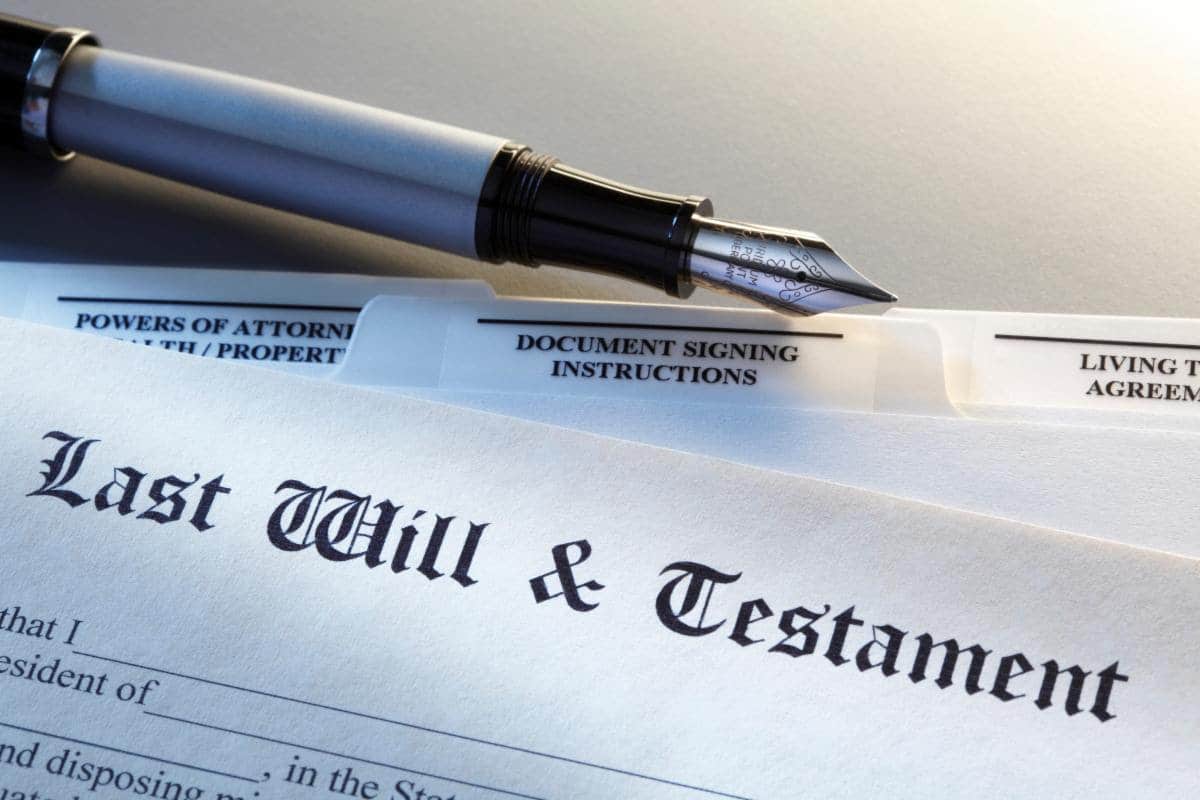Take These 8 Steps to Ensure Your Will is Effective
Failing to keep your estate plan up to date can be a dangerous mistake, as it could leave your loved ones with a legal mess to clean up that can be costly and time consuming. To avoid this, make sure you take these 8 steps to ensure your will is effective.

1. Keep your will up to date.
Your life circumstances have probably changed since you first drafted your Last Will and Testament. You should consult with your estate planning attorney at least every three years to make sure your document reflects changes to your life, the lives of your beneficiaries, and the law.
2. Make sure at least a few different people in your family know where to find your will when you die.
Do not make the common mistake of tucking your will away in a safe deposit box. Bank safety deposit boxes can be sealed upon your death, and then no one will have the access necessary to gather the documents they will need to settle your estate. This can delay action by several weeks.
3. Choose your executor/personal representative with care.
It is wise to choose someone who is not likely to die before you. It is also best to choose someone who is responsible, honest and fair. Be sure to ask him or her to be your executor before you die; do not assume that they want the job. It is also imperative that you have a back-up executor/personal representative in case your first choice in unavailable at the time of your death, as an executor/personal representative must meet the requirements set by Indiana probate law to be appointed by the court.
4. Don’t contradict yourself.
To avoid legal battles, make sure your will does not contradict the beneficiaries named on your retirement fund or other payable-on-death accounts.
5. Plan for the worst.
Provide a back-up guardian for your minor children in case your first choice has already died. Even if they are still alive, circumstances could make it impossible for them to take care of your children. Also, think about where assets should go if your first choice is unavailable. You may not want a child’s ex-spouse to have a share of your estate.
6. Be explicit.
Do not necessarily leave everything to your spouse if you want your children to inherit as well. Many circumstances can occur that would leave nothing for your children. For example, if a surviving spouse remarries, the new spouse may be the rightful heir to the surviving spouse’s estate. If you want to disinherit a child, you must mention that desire explicitly because in many cases, a child not named in a will may still get a share of the inheritance since the probate court will not know if you accidentally excluded that child.
7. Be clear about who gets valuable and sentimental items.
It is not necessary to make a list of who should have every last one of your possessions, but consider giving some things away while you are still alive.
8. Get professional help.
An estate planning attorney experienced in these common pitfalls can help you draft a solid Last Will and Testament as well as help protect your assets using other estate planning tools. If your estate plan is more than three years old and has not been reviewed, you need to consult with your attorney sooner rather than later.






